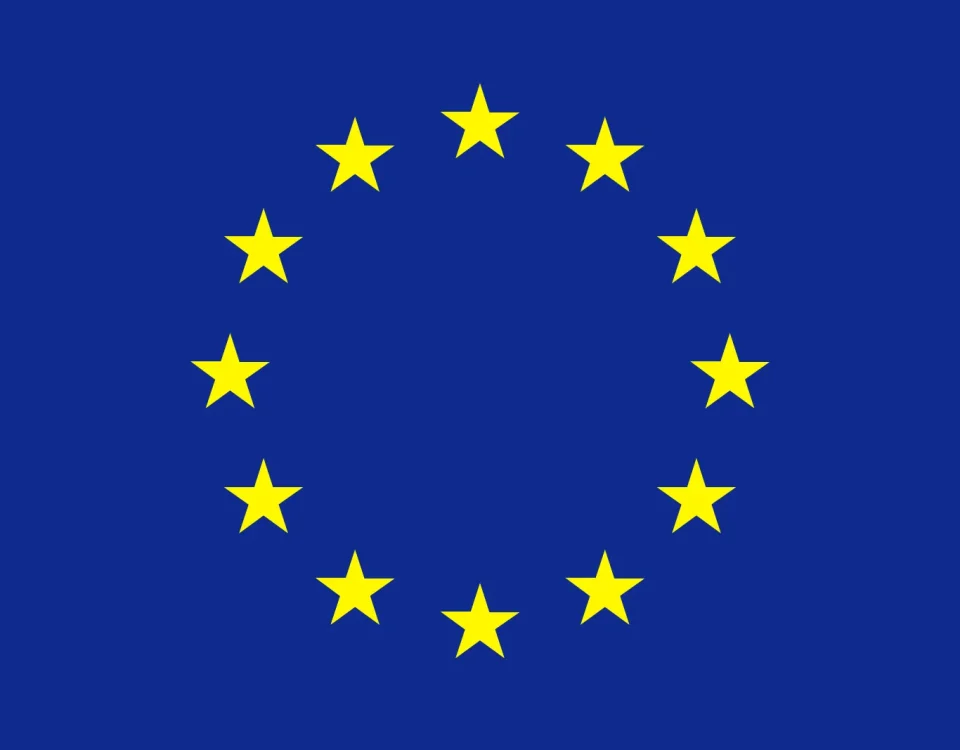
Make Moving Abroad a Breeze
29 October 2024
The Dos and Don’ts of Packing Electronics for Your European Move
29 October 2024Moving your business to Europe is an exciting opportunity, but it can also be a complex process. With different regulations, cultural norms, and business practices to navigate, it’s important to be prepared for what to expect. In this article, we’ll guide you through some of the key considerations when moving your business to Europe.
Why consider moving your business to Europe?
When considering moving your business to Europe, there are several factors to take into account. First and foremost, Europe offers a highly skilled and educated workforce. The continent is home to numerous prestigious universities and research institutions, producing a pool of talented professionals across various industries.
Additionally, Europe boasts a large consumer market with over 500 million people. By relocating your business to the European market, you can tap into this vast customer base and potentially expand your client reach significantly.
Furthermore, Europe has a well-developed infrastructure that facilitates smooth business operations. Accessible transportation networks, advanced telecommunications systems, and efficient logistics enable businesses to operate efficiently within the region. These infrastructure advantages can greatly benefit companies in terms of cost-effectiveness and streamlined operations when compared to other regions.
Research and understand European market trends
When moving your business to Europe, it is crucial to research and understand European market trends. This knowledge will help you adapt your products or services to meet the needs and preferences of European consumers, ensuring the success of your business in this new market.
Legal and regulatory considerations for business relocation
When considering relocating a business to Europe, there are several legal and regulatory considerations that need to be taken into account. One of the primary factors is understanding the different laws and regulations in each country within Europe. Each country has its own unique set of legal requirements when it comes to starting and operating a business, such as registration, taxation, employment laws, and intellectual property rights.
Another important consideration is ensuring compliance with European Union (EU) regulations. The EU has established various directives and standards that businesses must adhere to in order to operate within the EU market. These include data protection regulations, product safety standards, environmental regulations, and competition law.
Additionally, it is crucial to understand any specific industry-related regulations that may apply to your business. Certain sectors such as finance, healthcare, food production or pharmaceuticals have additional regulatory requirements that need to be met for businesses operating in those fields.
Cultural and language differences to navigate
Moving your business to Europe can be an exciting and lucrative opportunity. However, it is crucial to understand and navigate the cultural and language differences that you may encounter in different European countries. Each country has its own unique cultural practices, customs, and ways of doing business. For example, in Germany, punctuality is highly valued, so being on time for meetings is essential. On the other hand, in Spain or Italy, being a few minutes late to a meeting may be more acceptable.
Language barriers can also pose challenges when conducting business in Europe. While English is widely spoken as a second language in many European countries, it cannot be assumed that everyone will have fluent English skills. It is advisable to invest time and resources into learning the local language or hiring translators to ensure effective communication with clients and partners.
Finding the right location for your Business in Europe
When it comes to finding the right location for your business in Europe, there are several factors to consider. Firstly, you need to think about the target market and the demand for your product or service in different European countries. Conducting thorough market research is crucial to identify which countries have a strong demand for your offerings.
Another important aspect is understanding the local business environment and regulations. Each country in Europe has its own set of laws and regulations that businesses must comply with. It is essential to consider factors such as taxes, labour laws, and ease of doing business when choosing a location.
Additionally, logistics play a significant role in determining the best location for your business in Europe. Access to transportation networks, proximity to suppliers or customers, and availability of skilled labour are all critical considerations. By carefully evaluating these factors, you can make an informed decision about where to establish your business presence in Europe.
Hiring and managing a European workforce
When moving your business to Europe, one of the key challenges you may face is hiring and managing a European workforce. Understanding the local labour laws and cultural nuances is crucial in ensuring a successful transition. Firstly, it is important to familiarise yourself with employment regulations specific to each country you plan on operating in. These regulations can vary significantly from one European country to another and may cover areas such as working hours, vacation entitlements, employee benefits, and termination procedures.
Once you have a good grasp of the legal framework, it is essential to adapt your recruitment strategies to attract and retain top talent in Europe. This involves understanding the local job market dynamics, including salary expectations and preferred recruitment channels. It may be necessary to partner with local recruitment agencies or use online platforms that are popular within the region. Additionally, being mindful of cultural differences when managing your European workforce can greatly contribute to maintaining positive employee relations. Flexibility, open communication, and respect for diverse perspectives are fundamental principles that should underpin your management approach across different countries.
Ensure a hassle-free business removal to Europe with Cotswold Carriers
Cotswold Carriers is the ideal partner to assist you in moving your business to Europe. With our extensive experience and expertise in international logistics, we can ensure a smooth transition for your company. From organising transport and handling customs procedures to providing secure storage facilities, Cotswold Carriers offers comprehensive solutions tailored to meet your specific requirements.
Our team of skilled professionals will guide you through every step of the way, taking care of all the necessary paperwork and regulations. By entrusting us with the logistics, you can focus on other aspects of your business expansion and have peace of mind knowing that everything is being handled efficiently and effectively.




